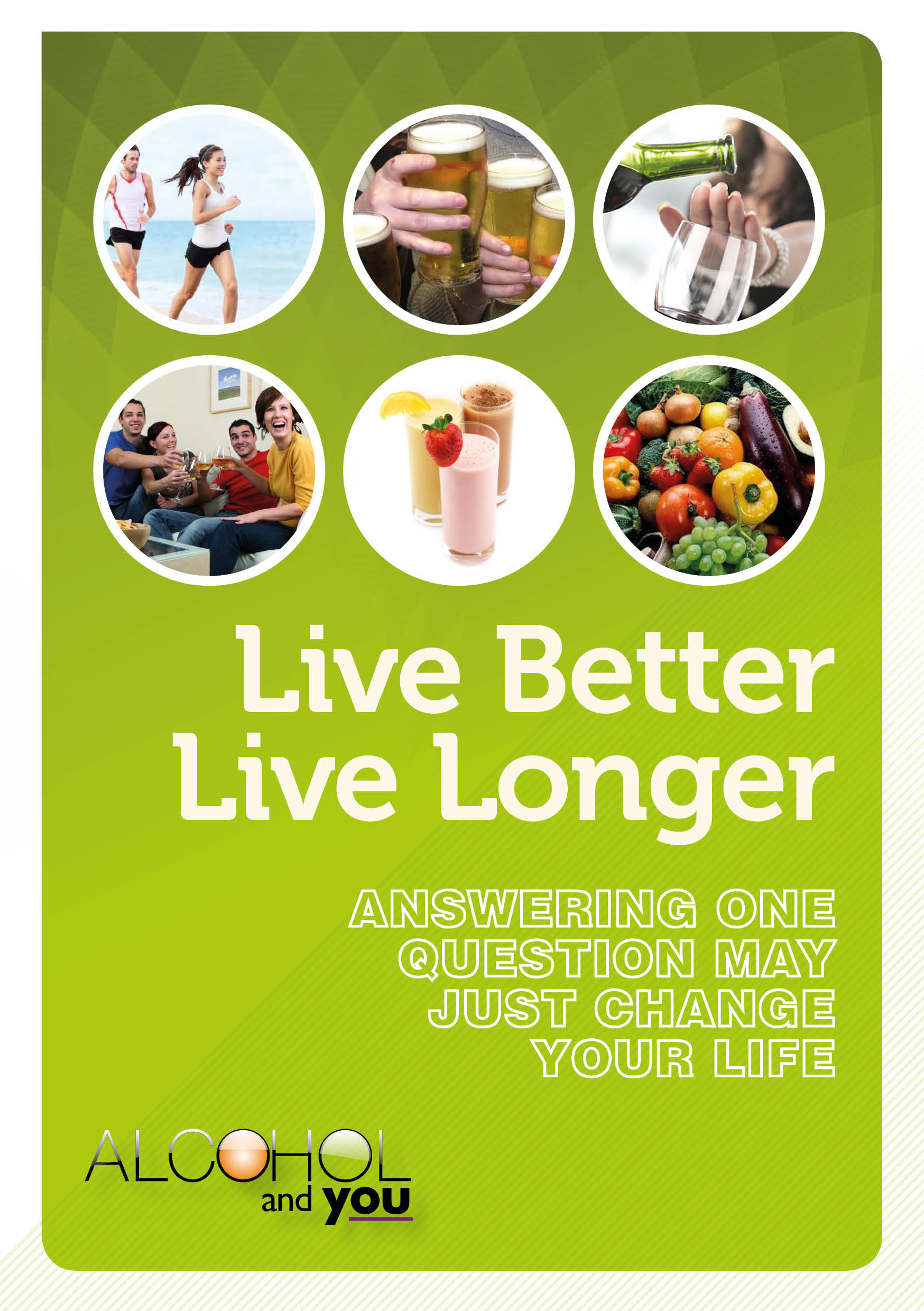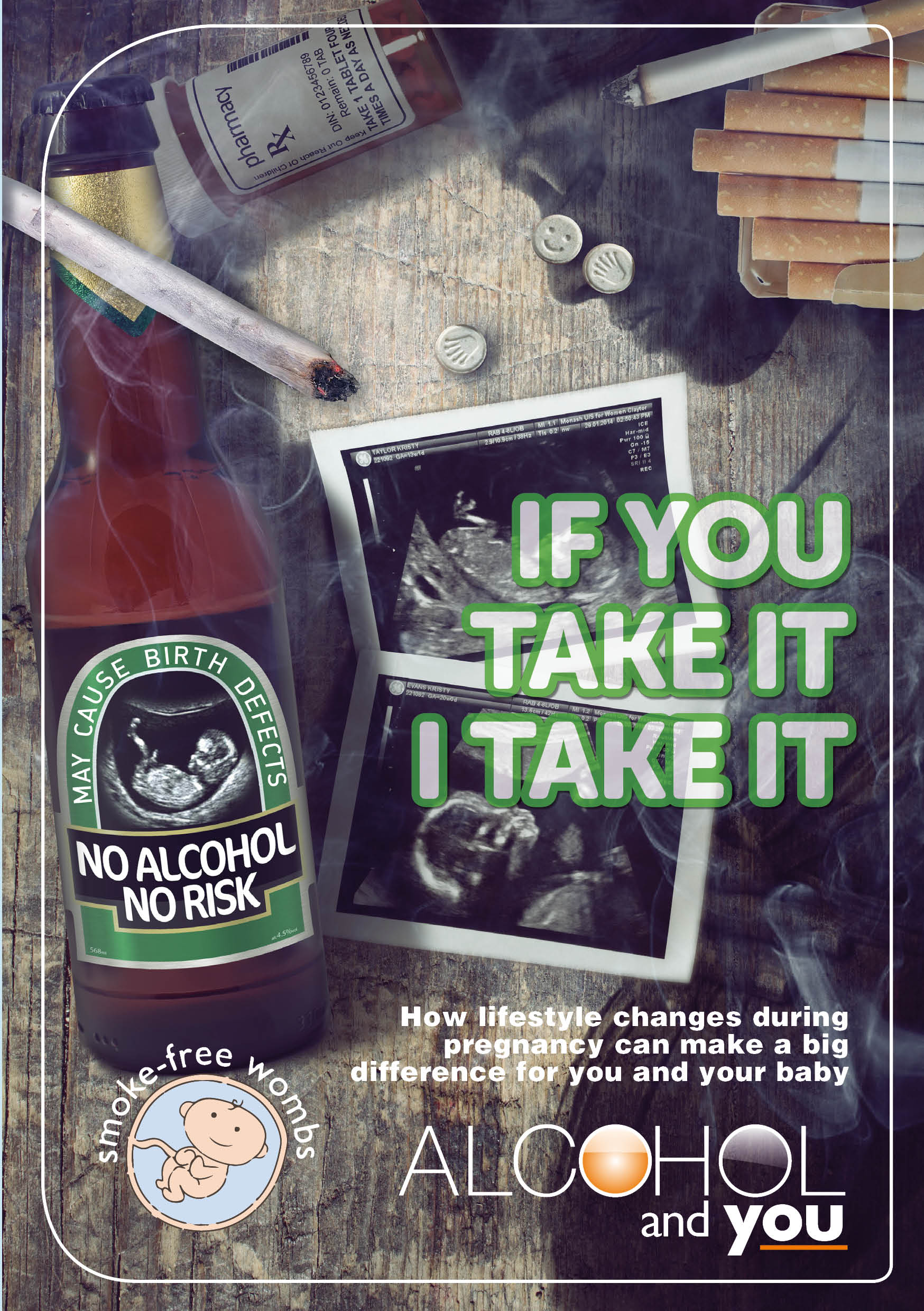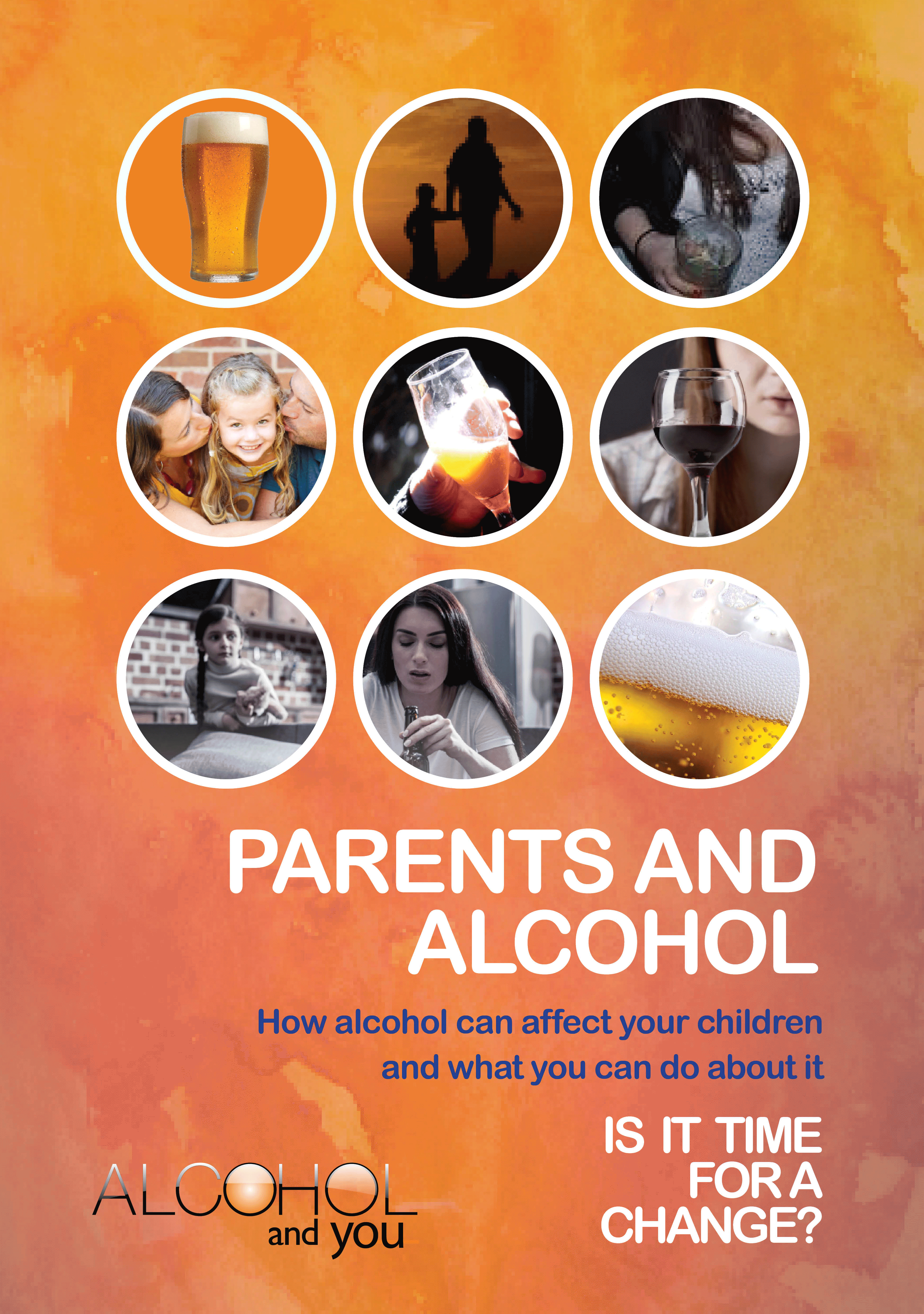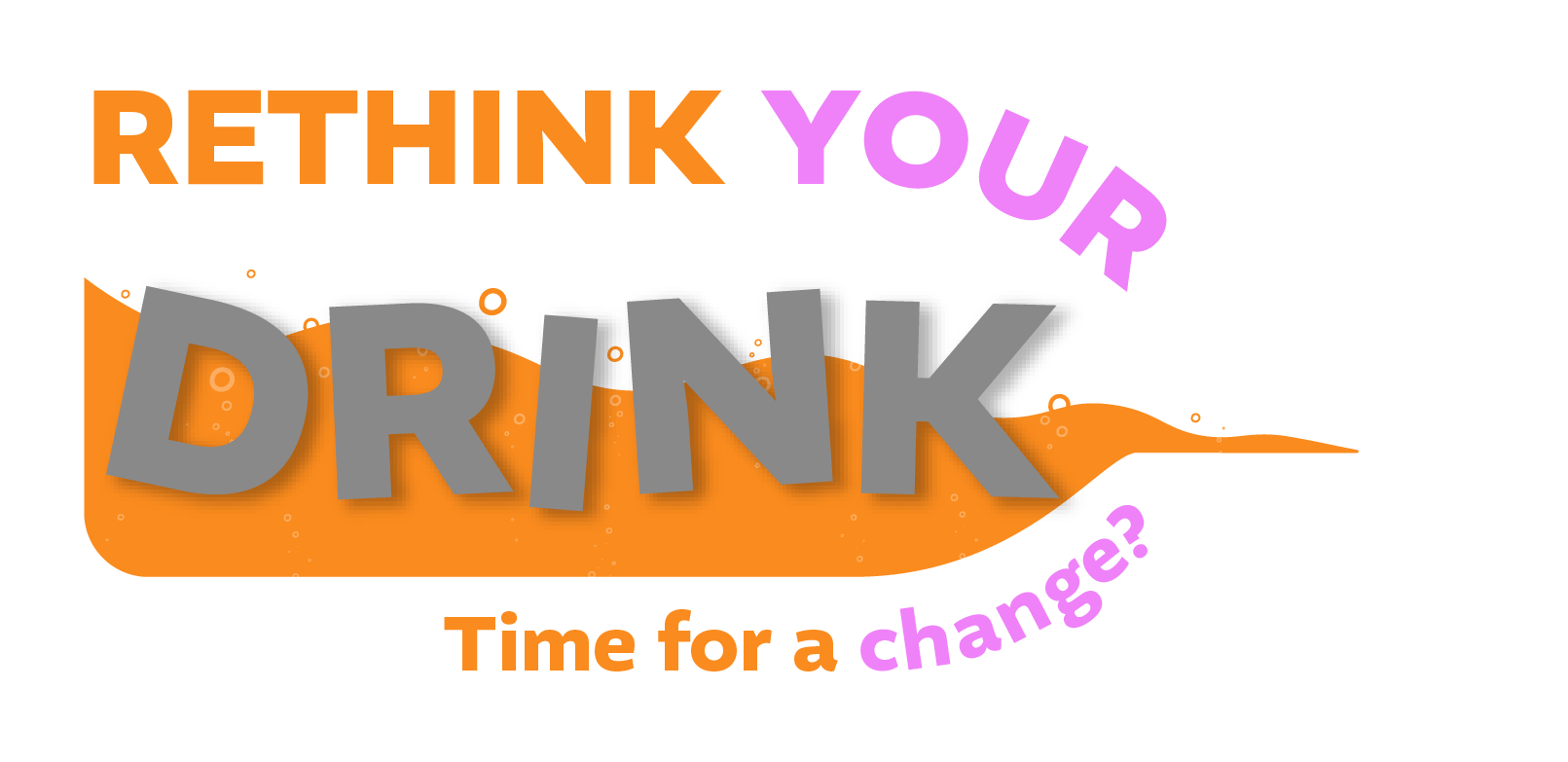
self care resources

Here you will find a series of videos and self-care booklets that help you look at ways to make changes in your life or strengthen your wellbeing
The Alcohol and You Workbook
This workbook is a helpful tool to help you look at your drinking and provides useful information and advice on how you can make changes. For many people, cutting down on their drinking would be a practical step forward. It could avoid a lot of problems in the future. This workbook is not a replacement for professional help if you need it.
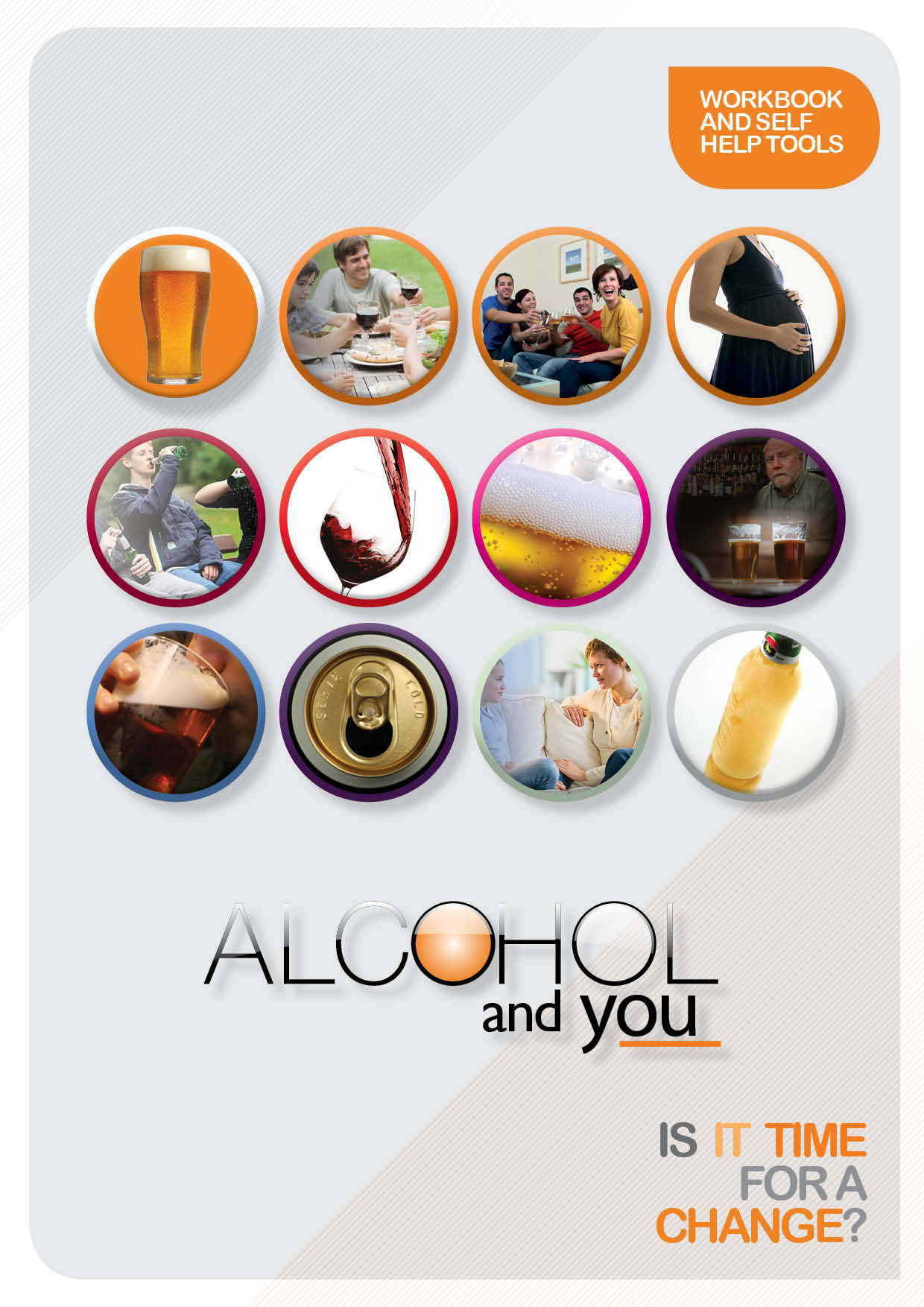
Self-care Videos for Alcohol or drugs
Thinking about change with your alcohol or drug use?
When thinking about change, being unsure of what to do is normal with any change in your life, including decisions about your alcohol or drug use. Be honest with yourself, the only person who can decide what to do about drinking or taking other drugs is you. In this 15-minute clip addictions specialist Ed Sipler asks 8 questions you may find helpful to decide what is best for you. Feel free to share this with anyone you think it would be useful to you.
Living with someone else’s alcohol and drug use or gambling?
When someone is living with some one else’s drinking, drug use or gambling problems the focus is often on managing the situation to keep things together. Family members often focus on the person with the problem and ignore their own needs.
This pocket guide for family members has been produced by Ed Sipler, Addictions specialist with SEHSCT that you can use to help you support yourself. You can download the guide with button below or watch a video about the guide.
Are you coming back from a relapse?
Relapse is normal in the recovery from alcohol or drugs. It does happen. How people see that slip will affect what they do about it.
Addiction specialist Ed Sipler from the South Eastern Health and Social Care Trust and ASCERT have produced this short video as a self-help support for people that have experienced relapse and are trying to get back on track.
It will give ideas that people have found helpful. It will explore what happens when someone relapses and along with ideas that can help.
How you use the ideas in this short clip is entirely up to you. If you know someone who may benefit from it please feel free to share it.
Mental health and wellbeing
These videos can help you deal with the emotional challenges you may face on the journey of change
What keeps change going
Making changes in your life can take a lot of effort. Whether its improving your mental or physical wellbeing, reducing your alcohol intake, exercise, diet, it can be hard to do, and although you may be motivated at the start and have taken some steps forward, but it can be even harder to keep it up. In this video Ed Sipler, Addictions and Health Development specialist talks about how you can keep change going.
Stress and trauma and our nervous system
In this video Ed Sipler, Health Development Specialist, explains now stress and trauma affect us and gives some ideas for how you can manage how it affects you and be resilient.
Dealing with worry in difficult times
A booklet has been produced to help people dealing with worry. Worry and anxiety are commonplace and now the added strain of Coronavirus pandemic, strengthening our resilience is more important than ever.
You can download the booklet below. We have also produced the short video here providing an overview of the key messages from the booklet.
Self-Care Now When We Need It Most
As we all move though these challenging times, looking after ourselves is more important than ever. In this video Ed Sipler, Health Development Specialist, presents some ideas for looking after your own wellbeing. The ideas are also brought together in a small booklet you can download below.
Warning signs that alcohol is affecting your mental health include:
- Poor sleep after drinking.
- Feeling tired because of a hangover.
- Low mood.
- Experiencing anxiety in situations where you would normally feel comfortable.
Things you can do to prevent alcohol affecting your mental health include:
- Use exercise and relaxation to tackle stress instead of alcohol.
- Use breathing techniques to relax you when you feel anxious.
- If you are worried about something, talk about it instead of reaching for alcohol.
- Always be aware of why you’re drinking. It may not make a bad feeling go away, it could make it worse.


